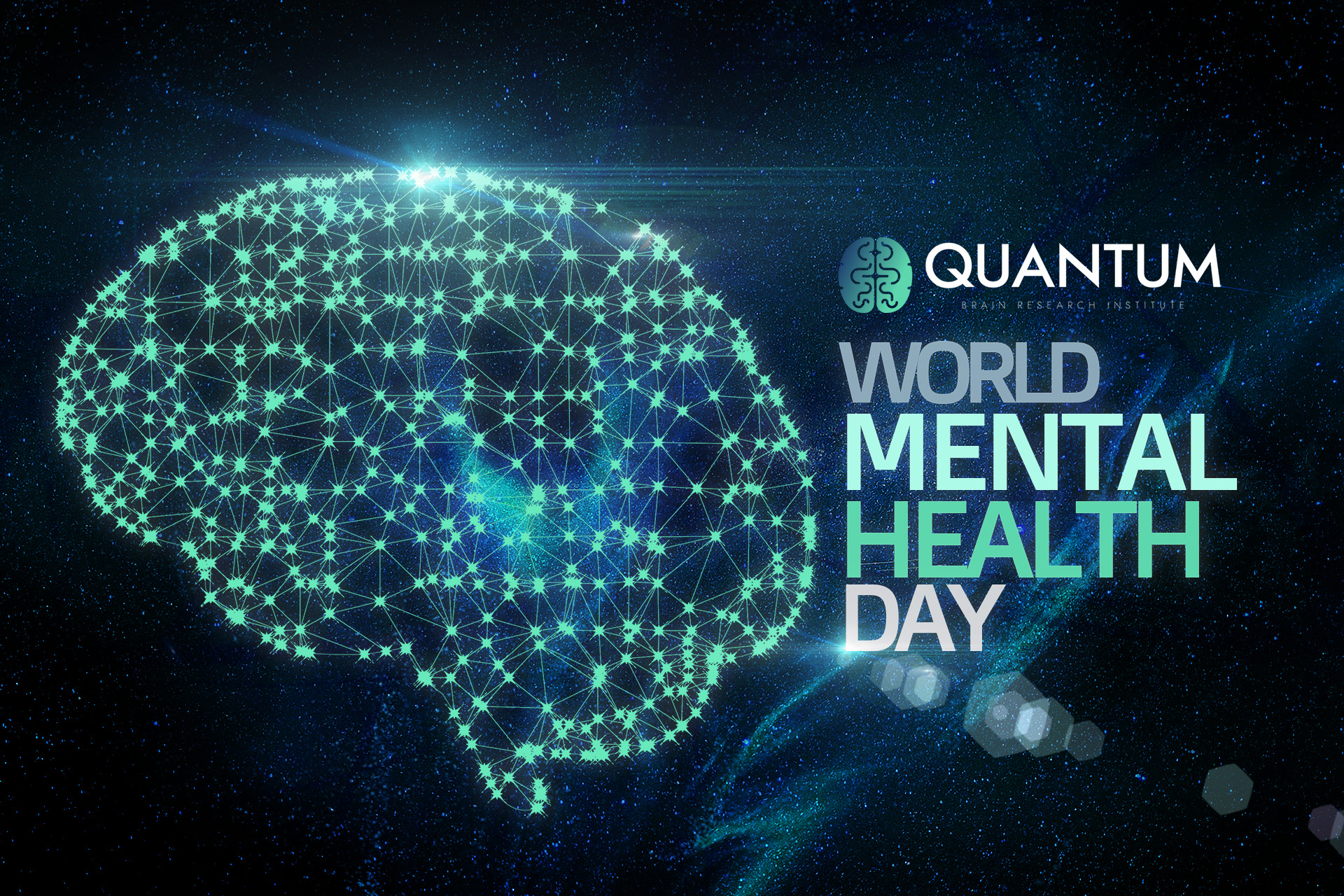
World Mental Health Day is a day to celebrate the human spirit’s resilience and the power of compassion. It reminds us that mental health matters, and it is something we must actively nurture, protect, and advocate for.

World Mental Health Day is a day to celebrate the human spirit’s resilience and the power of compassion. It reminds us that mental health matters, and it is something we must actively nurture, protect, and advocate for.
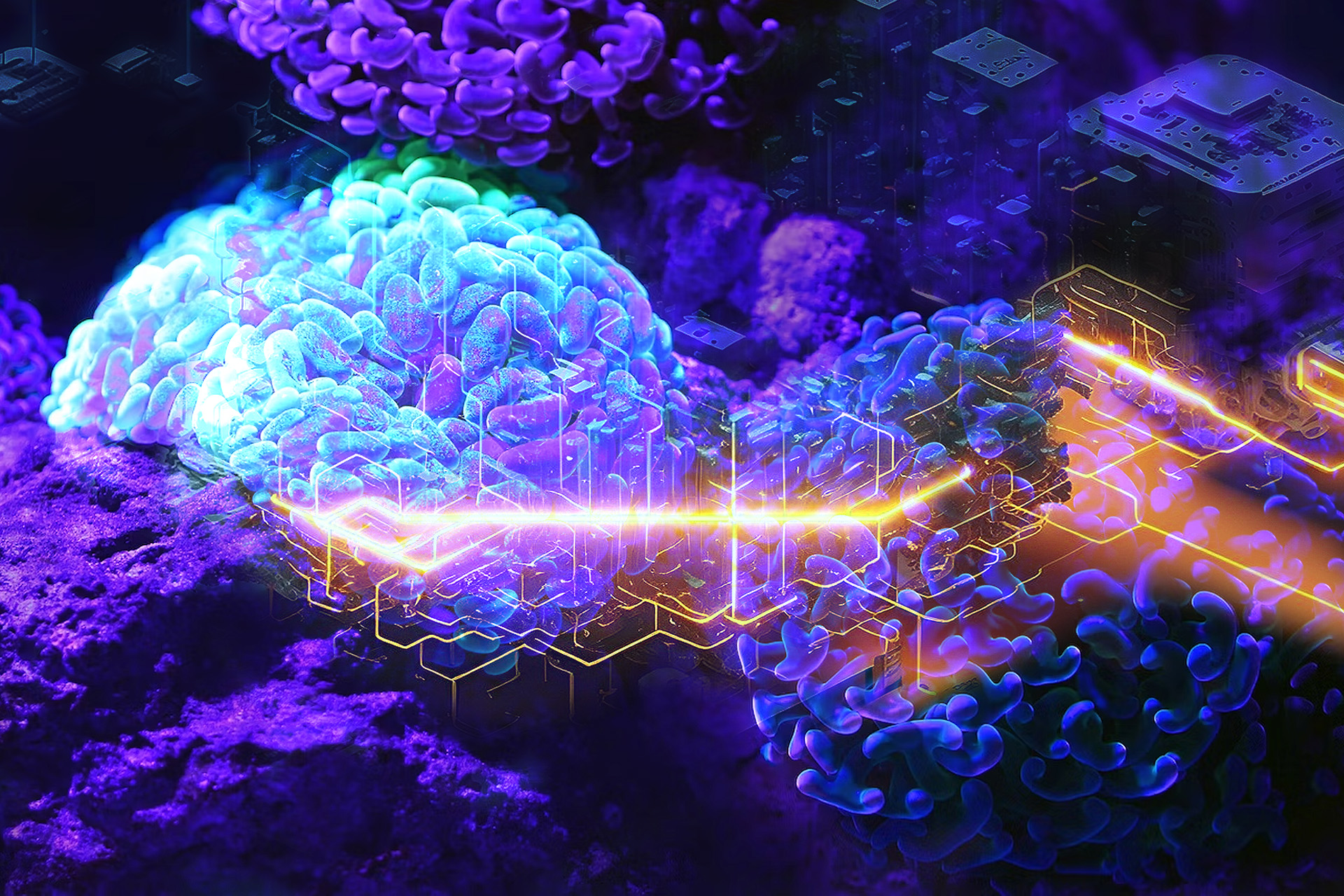
We will delve into the various applications of IoT in mental health, from monitoring and early detection to telehealth and personalized treatment plans. Moreover, we will address the ethical considerations and privacy concerns surrounding the use of IoT in mental health.
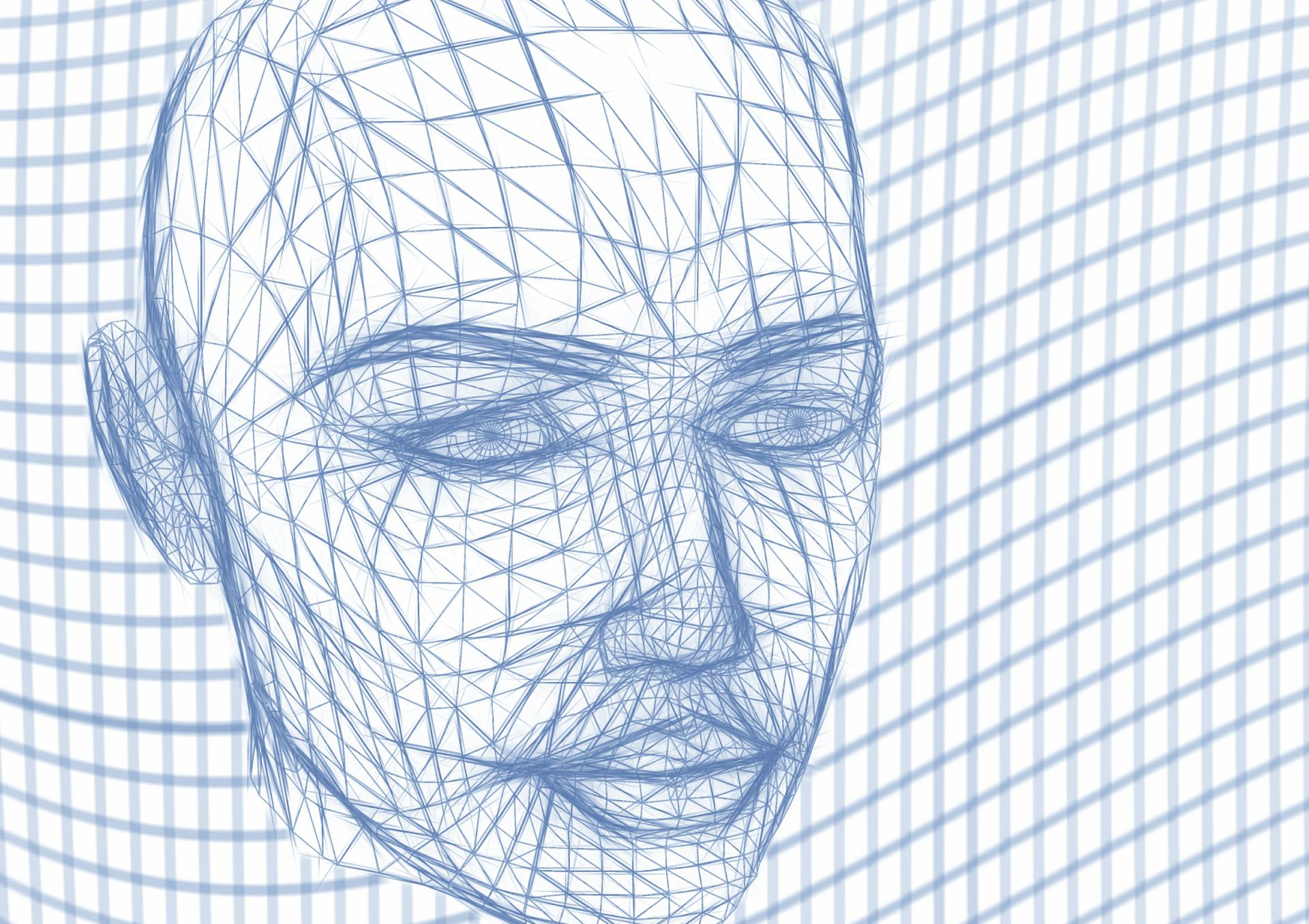
Health-tracking devices and apps are becoming part of everyday life. More than 300,000 mobile phone applications claim to help with managing diverse personal health issues, from monitoring blood glucose levels to conceiving a child.
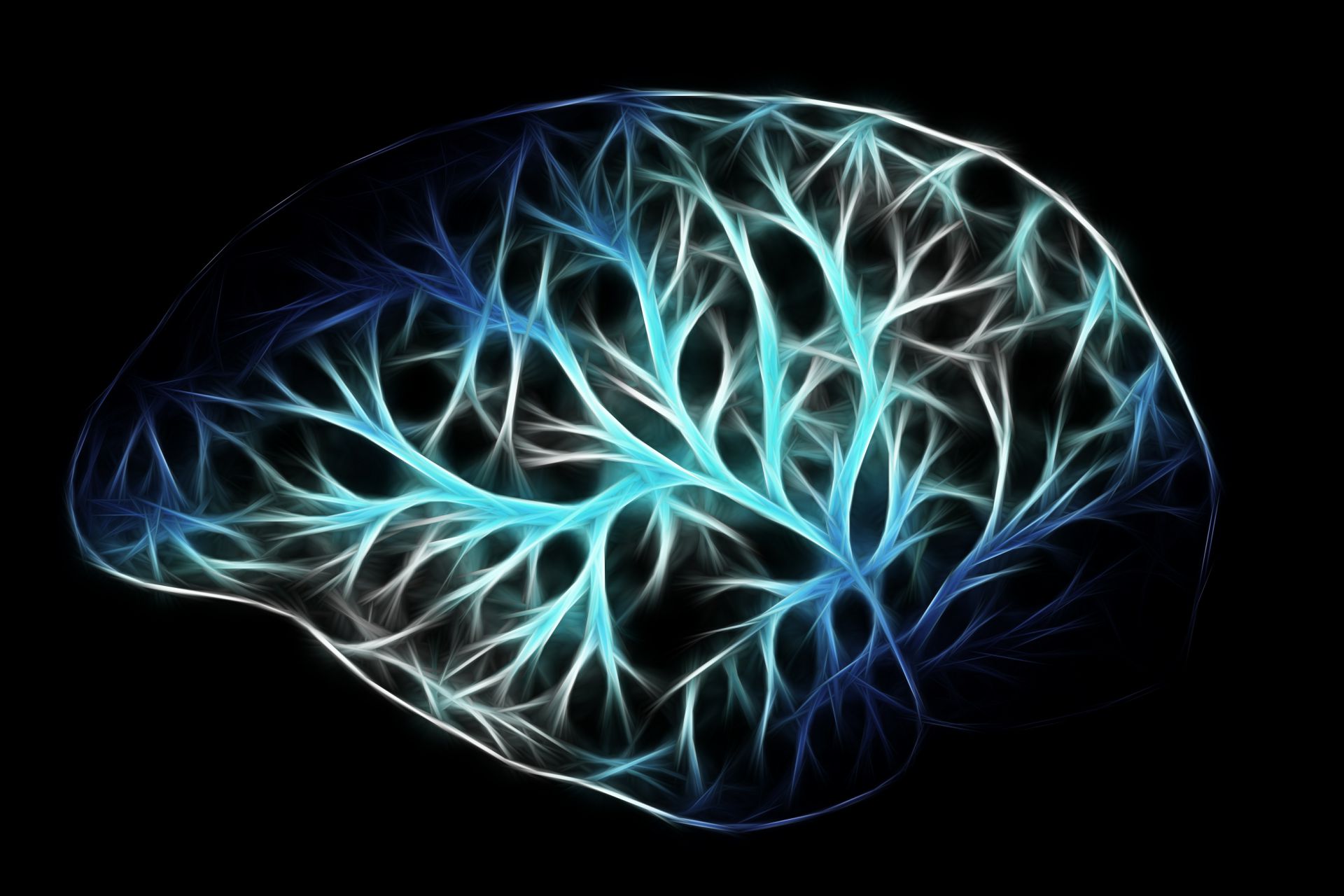
Mental illness is not something to be swept under the carpet or something to shy away from. If not treated early, the condition will most likely aggravate with time and pose a greater threat by bringing in more complications.
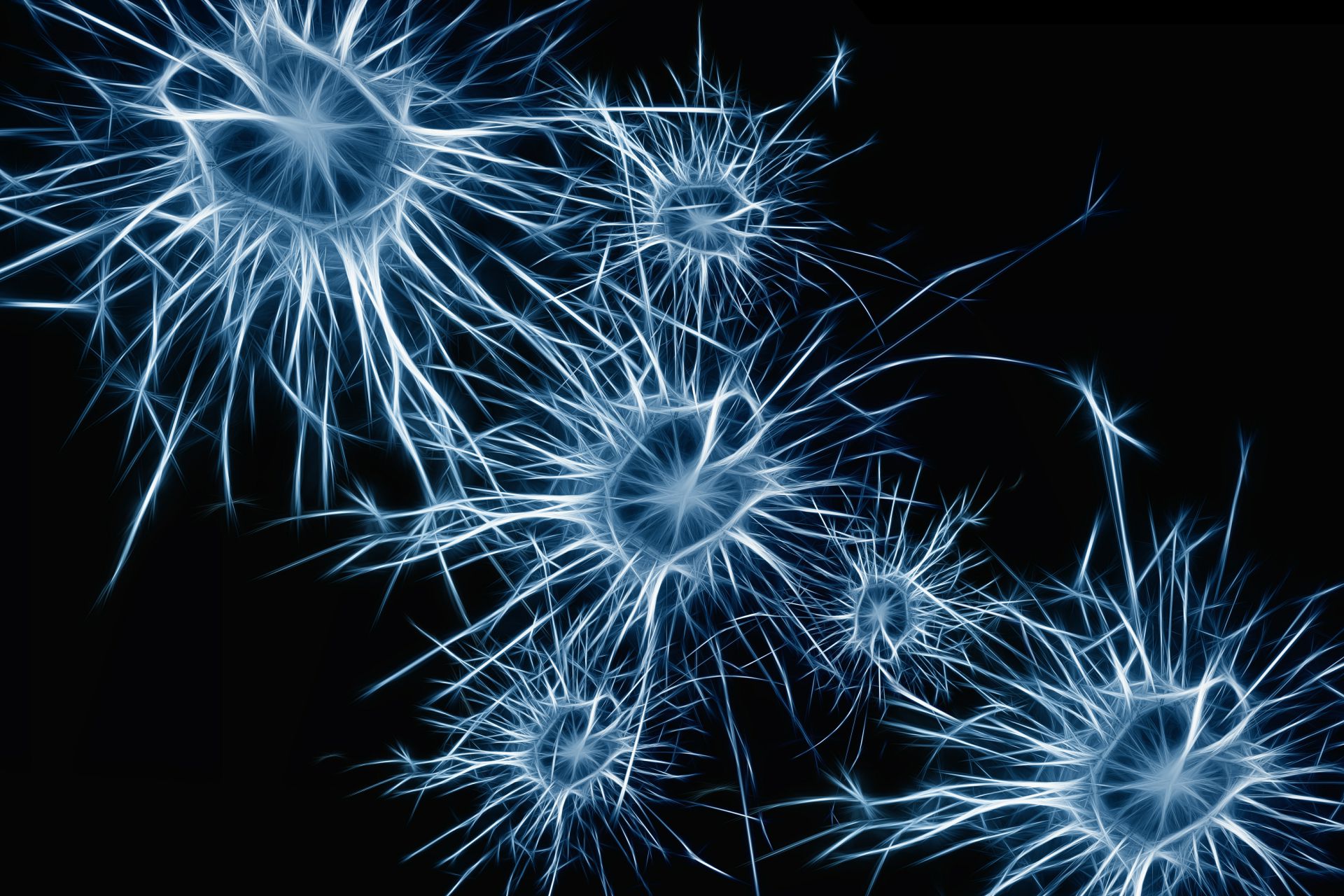
One who sleeps like a log throughout the night must be with an uncluttered mind. Sleep plays an integral role in maintaining our sanity as long-time sleep deprivation can lead to serious mental disorders.
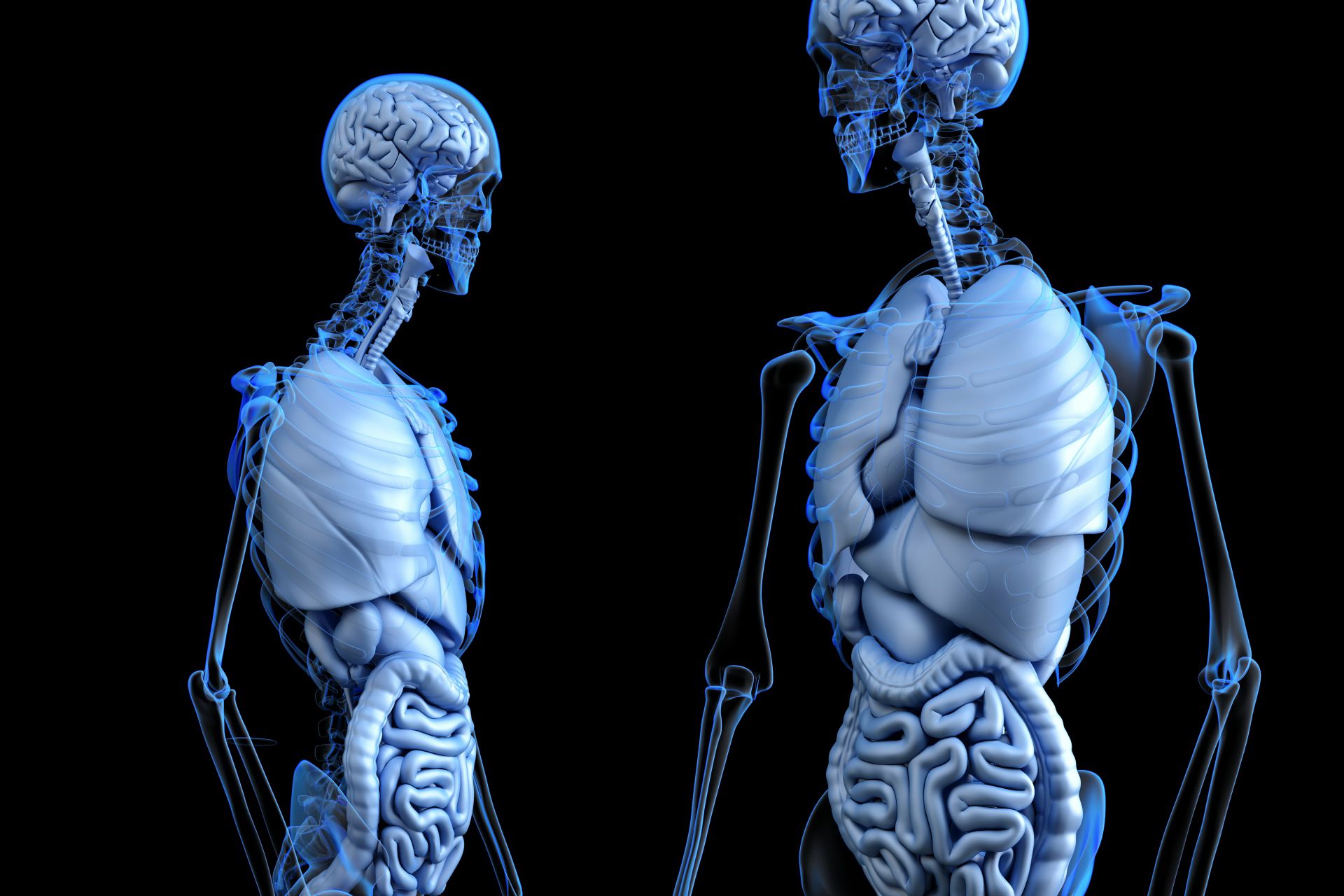
Why suffer in silence? Living with a mental health problem is hard, frustrating and stressful. Sometimes you or someone you care about doesn’t know it’s a mental health problem or you might have already been diagnosed with a mental health condition.
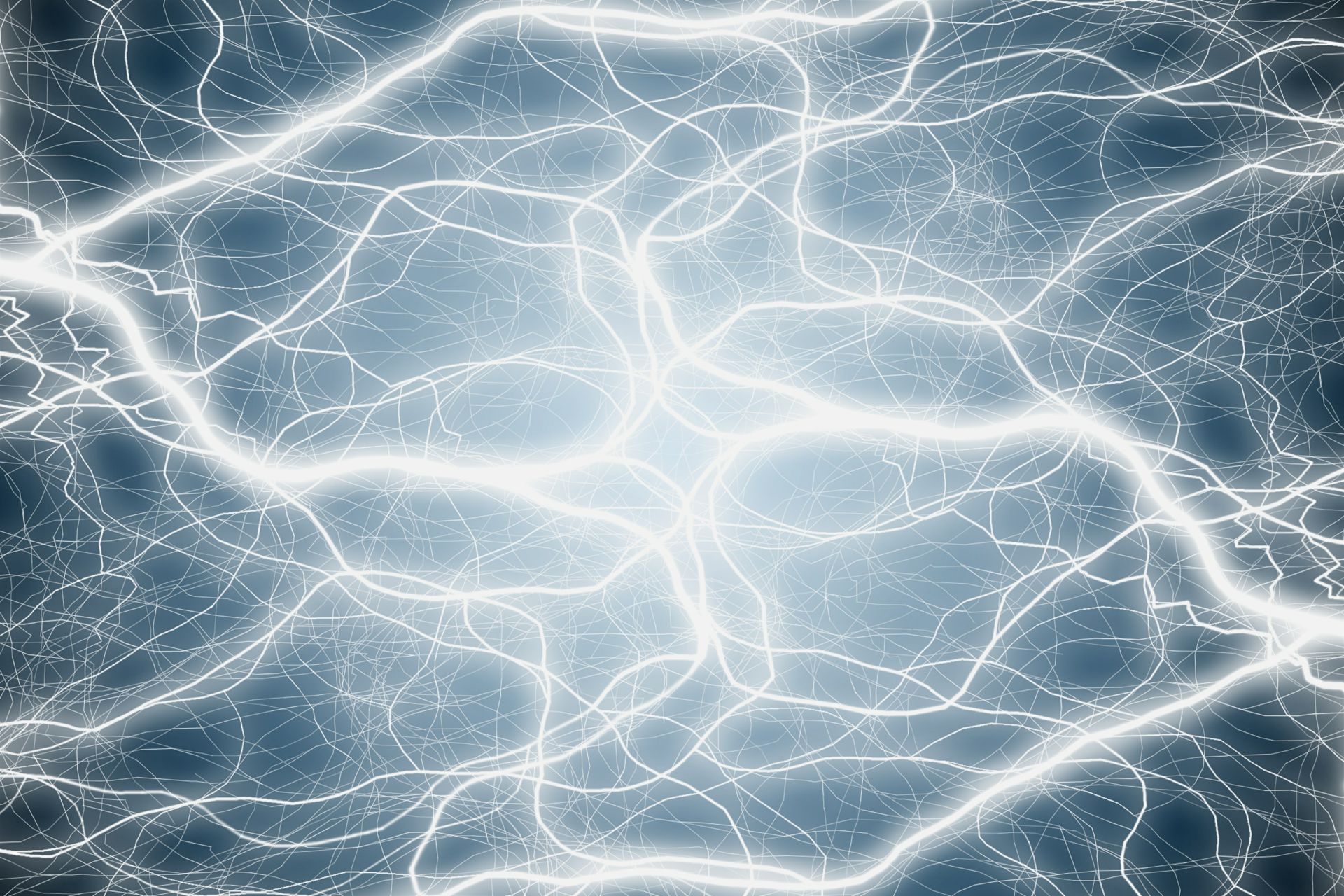
Mental health is very important issue. Here we will discuss about health and mental health disorder issues, If you think you are having a serious mental disorder, contact your physician for an evaluation.
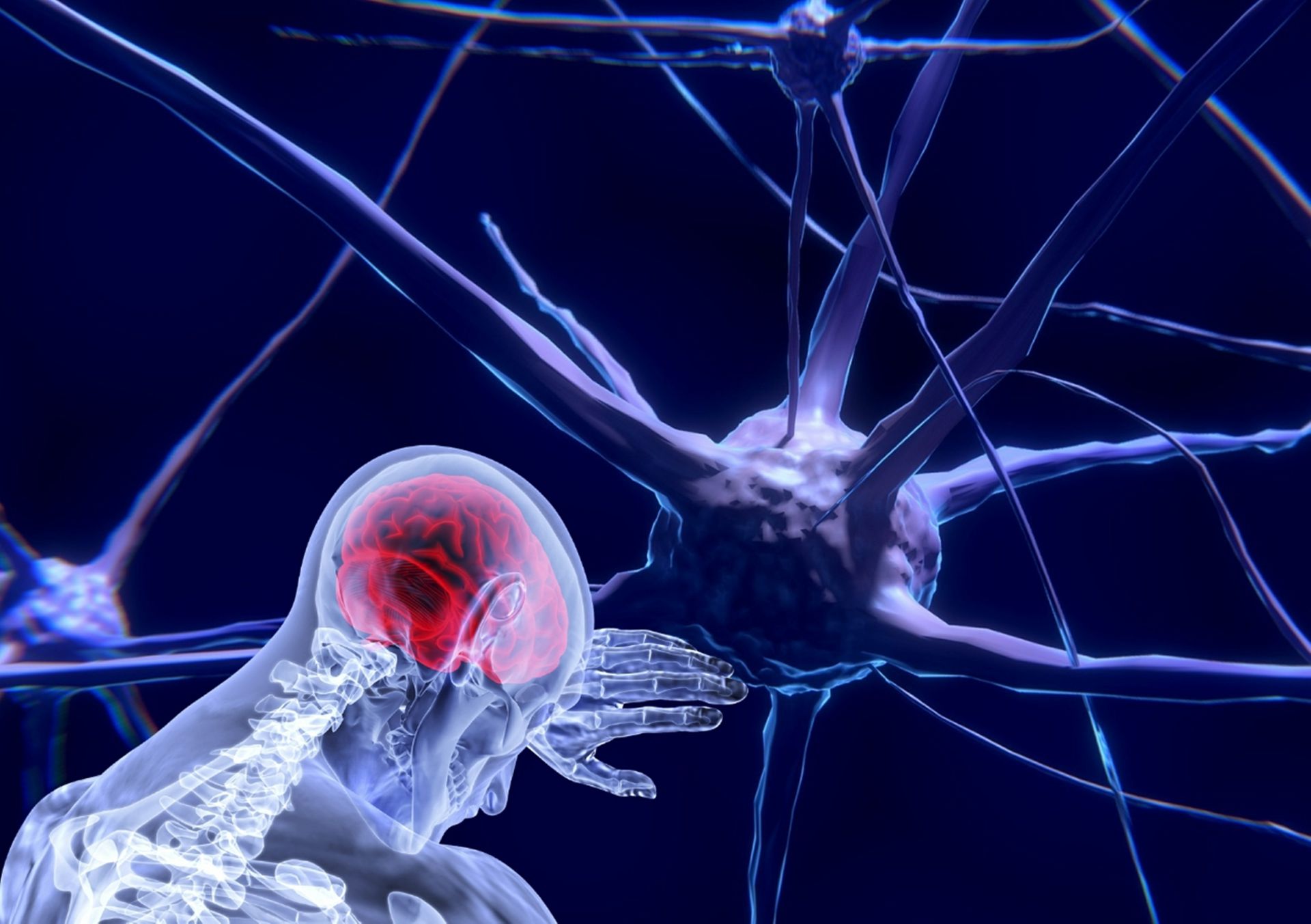
There is no unequivocal answer to the question “What is good mental health?”. Attempts to define mental health are subjective. Perspective is influenced by innumerable variables: values, beliefs, experiences, culture, occupation, age and gender to name a few.